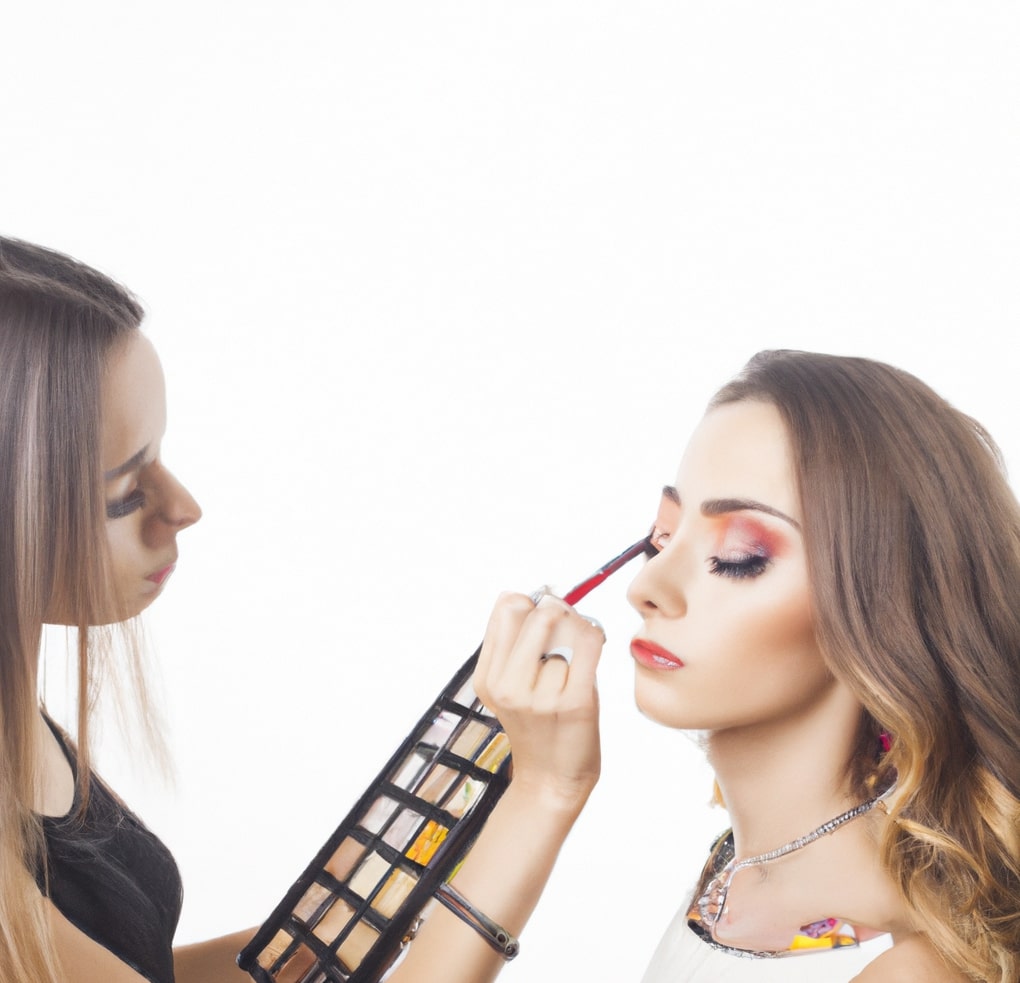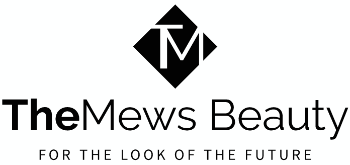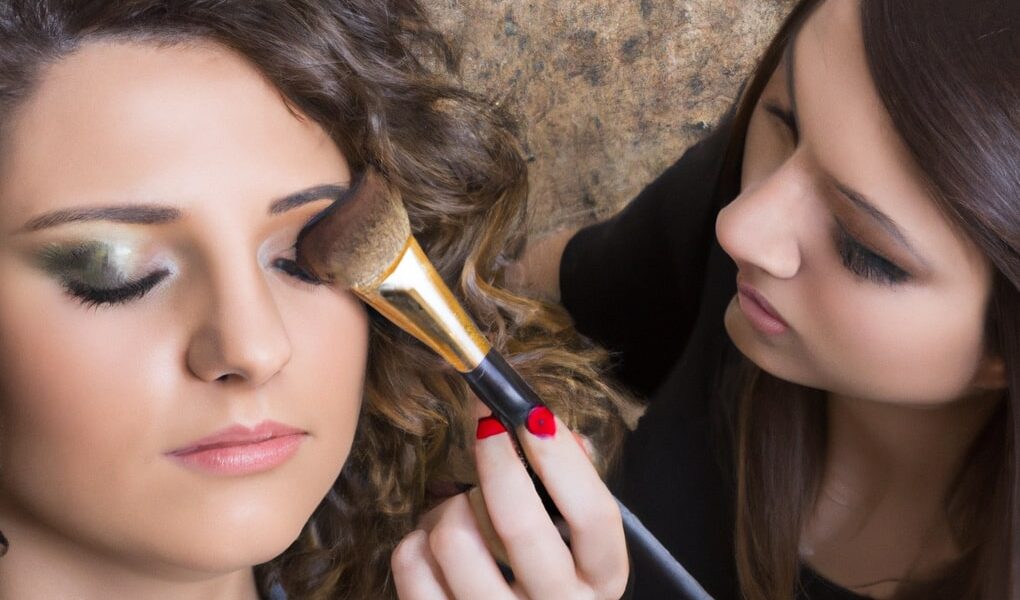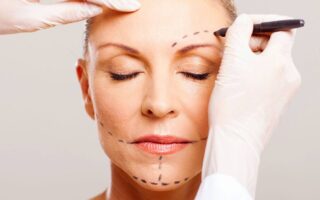The vast majority of the beauty industry’s sales come from hair care, skincare, and makeup products. Hair care accounts for about 33 percent of sales, while skincare and makeup make up 29 percent and 24 percent respectively. Nail care products make up 5 percent of sales while fragrance makes up the remaining 9 percent.
While the overall industry has seen steady growth in recent years, some segments have been growing faster than others. For example, demand for natural and organic products has been rising as consumers become more health conscious. Makeup sales have also been driven by increasing demand from men who are increasingly using cosmetic products to improve their appearance.
Despite the strong growth prospects for the beauty industry in America, there are several challenges that companies face including intense competition, rapidly changing consumer preferences, and counterfeiting.
How to find a job in the beauty industry in America
The beauty industry is a booming business in the United States. In fact, it is one of the largest and most rapidly growing industries in the country. There are literally thousands of different types of jobs available in the beauty industry, from hair stylists and makeup artists to estheticians and salon managers. If you’re looking for a job in the beauty industry, there are a few things you should keep in mind.
First, it is important to have some sort of training or experience before applying for jobs in the beauty industry. Many salons and spas require their employees to have at least a cosmetology license, which can be obtained by completing an accredited cosmetology program. Even if you don’t have a license, though, there are still plenty of entry-level positions available in the industry that don’t require any formal training or education. These types of positions might include working as a receptionist or shampoo assistant at a salon or spa.
Another important thing to keep in mind when looking for jobs in the beauty industry is that many employers prefer to hire applicants who have some customer service experience. This means that if you have worked as a cashier, waitress, or another type of customer service position before, you may have an advantage over other applicants when apply for jobs in the beauty industry. Employers want to know that their employees will be able to interact with customers on a daily basis and provide them with excellent service.
There are several ways to find job openings in the beauty industry. One option is to check with your local chamber of commerce or Better Business Bureau (BBB) office; they may be aware of businesses that are hiring locally. You can also search online job boards such as CareerBuilder, Job.Guide or Indeed; simply enter “beauty industry” into the search field and browse through available listings. Finally, consider networking with people you know who work in the beauty industry; they may be able to put you touch with someone who is hiring or give you information about upcoming job fairs and other events where employers will be recruiting new employees for open positions within their companies.
Popular jobs in the beauty industry in America.

1) Hair stylist
In order to be a hair stylist, one must have several years of experience in the industry and complete an accredited cosmetology program. A hair stylist is someone who provides hair services such as shampooing, cutting, coloring, and styling. Many hair stylists also provide nail care services. In order to maintain licensure, a hair stylist must complete continuing education credits.
A typical day in the life of a hair stylist may include working with multiple clients back-to-back in order to meet their needs in a timely manner. During each appointment, the hair stylist will consult with the client about what they would like to have done with their hair. Once the service is completed, the hair stylist will often suggest products that can help maintain the health and style of the client’s hair between appointments.
Many people choose to become a hair stylist because they have a passion for making people feel good about themselves. This career can be very rewarding as it offers opportunities to build long-lasting relationships with clients.

2) Makeup artist
A makeup artist is an artist whose medium is the human body, using cosmetics as paint to achieve an aesthetic result. Achieving this result requires an understanding of colour, light and shadow, as well as an ability to translate the client’s wishes into a physical reality.
In its simplest form, makeup is used to enhance the appearance of the face by adding colour and definition to the features that are already there. However, a good makeup artist will be able to create entirely new looks, completely transforming their subject’s appearance. They may use wigs, false eyelashes and other props in order to achieve the desired effect.
Makeup artists work in a variety of industries, including fashion, film, theatre and television. In each of these fields they may be required to create different looks for different occasions or projects. For example, a makeup artist working on a fashion shoot will need to be able to create looks that range from natural and understated to bold and avant-garde. Similarly, those working in TV or film may be asked to produce anything from naturalistic ‘period’ looks to fantastical creature designs.
The role of a makeup artist is not just about applying cosmetics; it also involves caring for the skin beneath the makeup and ensuring that it is healthy and free from blemishes. This can involve doing regular facials as well as providing advice on skincare regimes and products that will suit individual skin types.
A good makeup artist will have excellent interpersonal skills; they need to be able listen carefully to their clients in order understand their vision before being able translate this into reality. They should also have strong technical skills and keep up-to-date with trends in both fashion and beauty so that they can offer advice on what will suit their clients best.

3) Beauty consultant
A beauty consultant is a professional who helps individuals and businesses select the best products and services to improve their physical appearance. They may work in a salon, spa, or retail setting. Their job duties may include giving makeup demonstrations, advising on skin care regimes, and recommending hair care products.
Beauty consultants must have excellent people skills and be able to build relationships with clients. They should also be knowledgeable about a wide range of beauty products and services. To become a beauty consultant, you will need at least a high school diploma or equivalent. Some employers may prefer candidates who have completed a cosmetology program.
4) Skin care specialist
A skin care specialist is a person who provides facial and other personal care services to clients. They are also known as estheticians. Skin care specialists typically have completed a training program in cosmetology or a related field, and they must be licensed in most states.
Most skin care specialists work in salons, spas, or other personal care establishments. Some may also work in physicians’ offices, resorts, or cruise ships. Many specialists start their own businesses.
A typical day for a skin care specialist might include cleansing and massaging clients’ faces, applying makeup, performing facials, advising clients on skin-care products, and providing waxing services. Most specialists keep detailed records of the treatments they provide to each client so that they can tailor future sessions to the individual’s needs.
As the population ages and people become more concerned about their appearance, the demand for skin care services is expected to grow. Employment ofskin care specialists is projected to increase by 14 percent from 2016 to 2026—faster than the average for all occupations.
6) Nail technician
A nail technician is someone who specializes in the care of nails. This can include everything from manicures and pedicures to more specialized treatments like acrylics and gel nails. A good nail technician will be able to provide their clients with a wide range of services and will be up-to-date on the latest trends.
Nail technicians usually work in salons, but they may also work in spas, resorts, or even their own homes. Some nail technicians are self-employed, while others work for larger companies. There are many opportunities for advancement within the field of nail technology, and some technicians eventually open their own salons.
Nail technology is a rapidly growing field, and there is a lot of competition among technicians. Those who want to be successful must be able to provide excellent service and build a strong clientele.
7) Cosmetologist
A cosmetologist is an individual who has completed a cosmetology program at a cosmetology school and has subsequently passed the state board exam to become licensed. A cosmetologist is trained in all aspects of beauty, including hair, skin, and nails.
In order to become a cosmetologist, one must first complete a cosmetology program at an accredited institution. Upon completion of the program, the individual must then pass the state board examination in order to become licensed. Licensed cosmetologists are required to renew their license every two years by completing continuing education credits.
Cosmetologists have many responsibilities, including providing hair styling, hair coloring, manicures, pedicures, and other beauty services to their clients. They may also sell cosmetics and skincare products. In addition to working in salons or spas, some cosmetologists also work in film or television production studios or fashion shows.
Cosmetologists generally work full-time hours; however, they may occasionally work evenings or weekends to accommodate their clients’ schedules. Those who own their own salon or spa may have more flexible hours but typically work longer hours than those who are employed by someone else.
8) Esthetician
An esthetician is a person who provides skin care services. Estheticians are also known as skincare specialists or facialists. They cleanse and exfoliate the skin, perform facials, waxing, and other hair removal services.
Estheticians typically have at least a high school diploma, although some jobs may require postsecondary education, and must complete a state-approved cosmetology program. Many estheticians also become certified through professional organizations such as the National Coalition of Estheticians, Manufacturers/distributors & Associations (NCEA) or the International Dermal Institute (IDI).
The job outlook for estheticians is good. The Bureau of Labor Statistics projects that employment of skincare specialists will grow 14 percent from 2019 to 2029, much faster than the average for all occupations. This growth is due in part to an increasing emphasis on appearance and the aging baby-boom population’s desire to look younger.
If you’re interested in becoming an esthetician, you should be prepared to work long hours standing up while performing treatments on clients. The work can be physically demanding, as you’ll be using your hands a lot to provide massages and other services. You should also be comfortable working with people from diverse backgrounds and be able to build relationships with your clients.
When it comes to salaries, the median hourly wage for part-time beauty professionals is $14.53 (Source).




